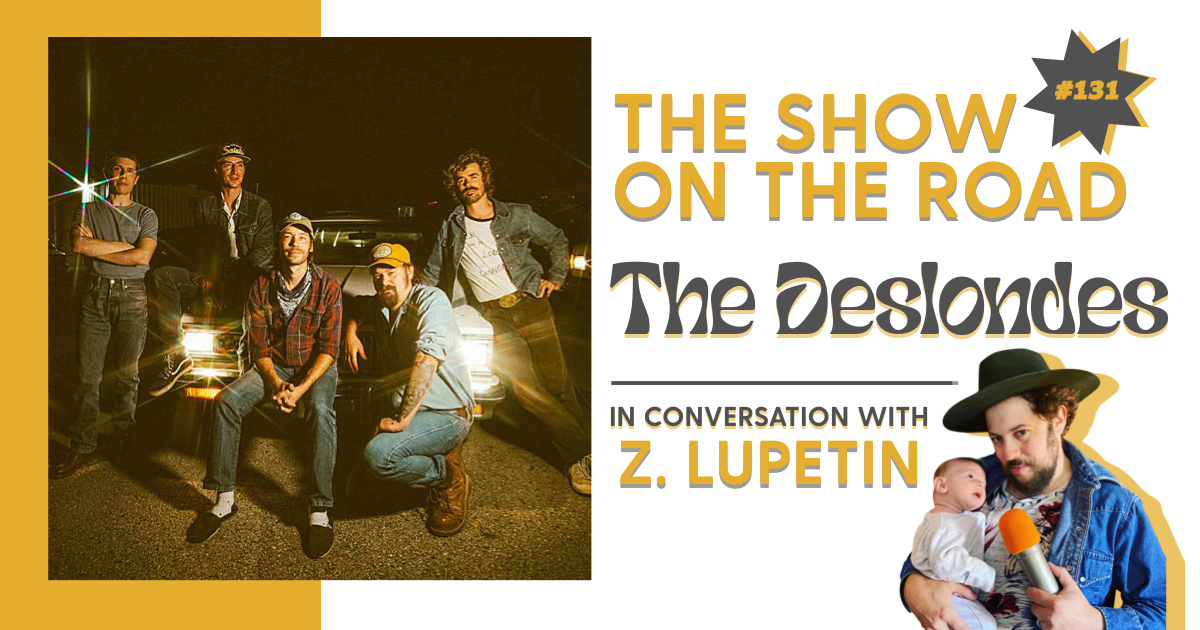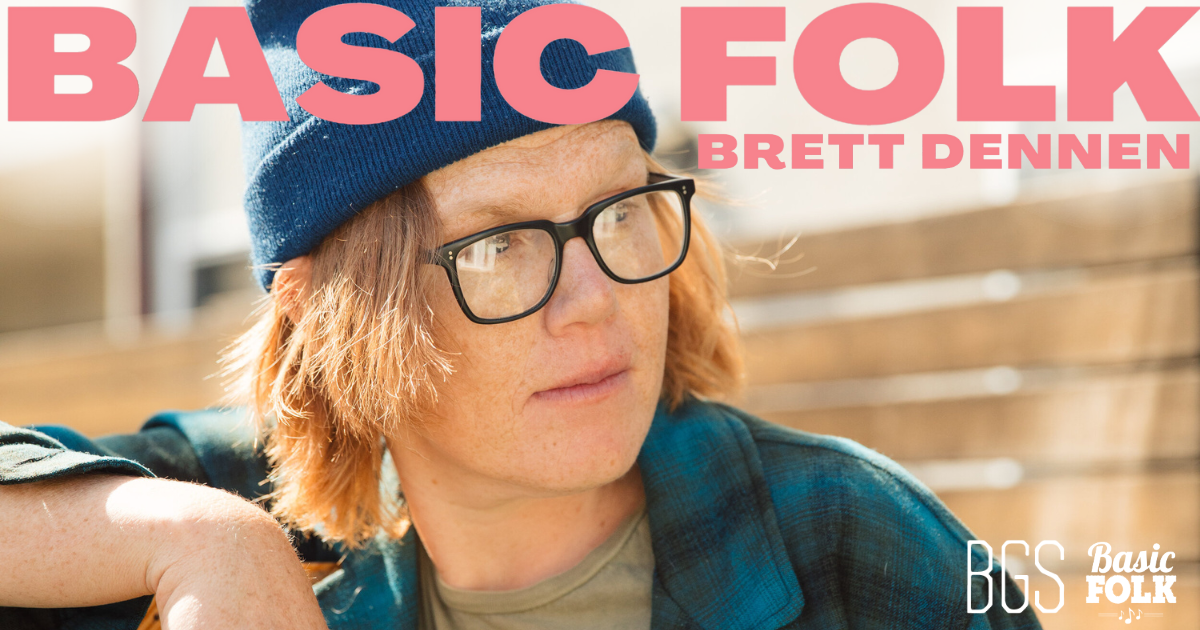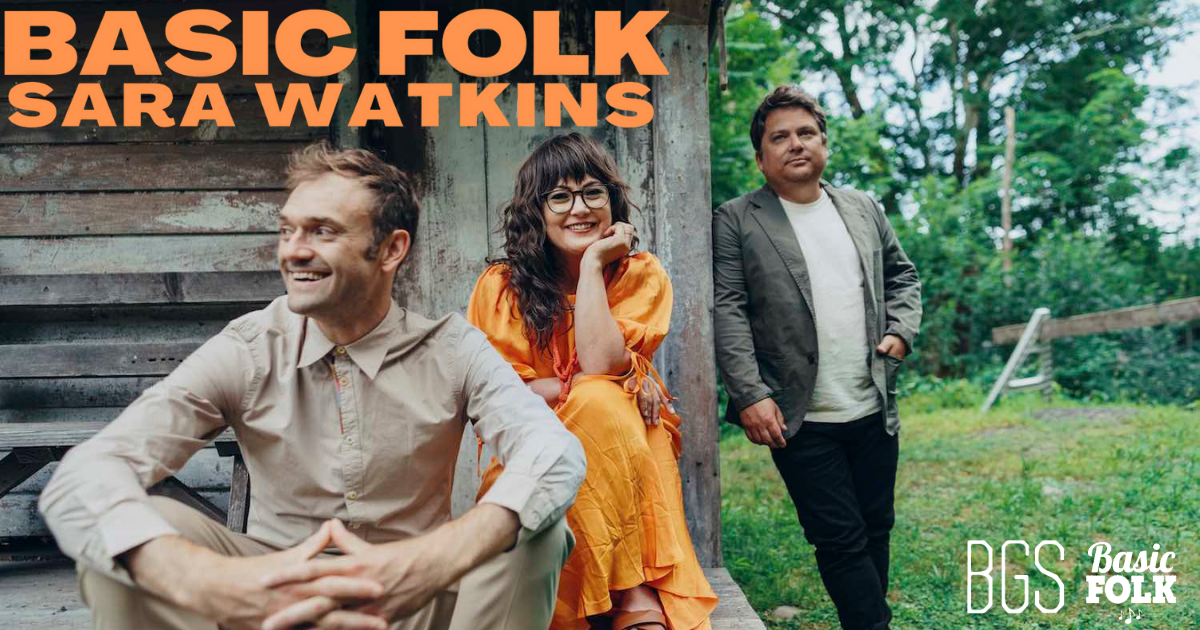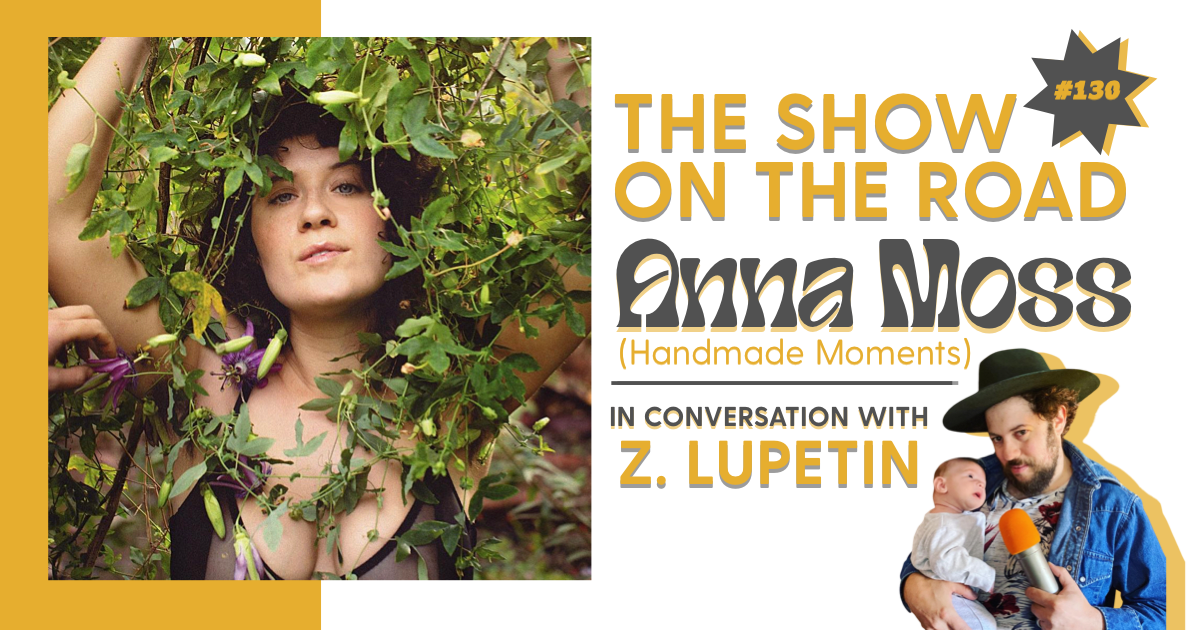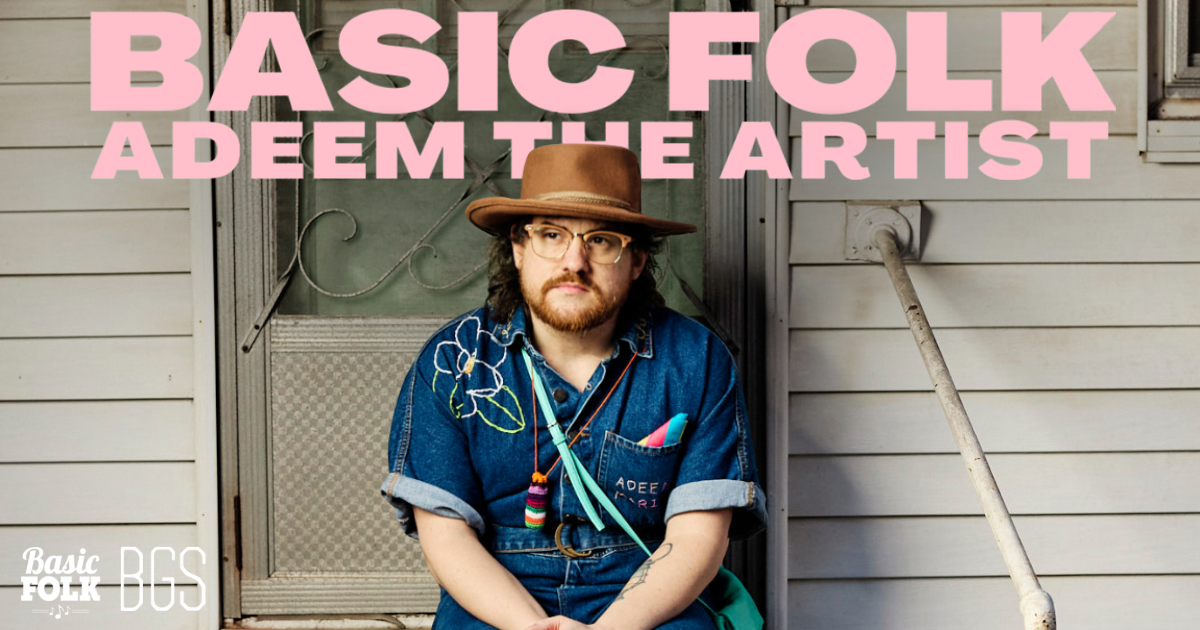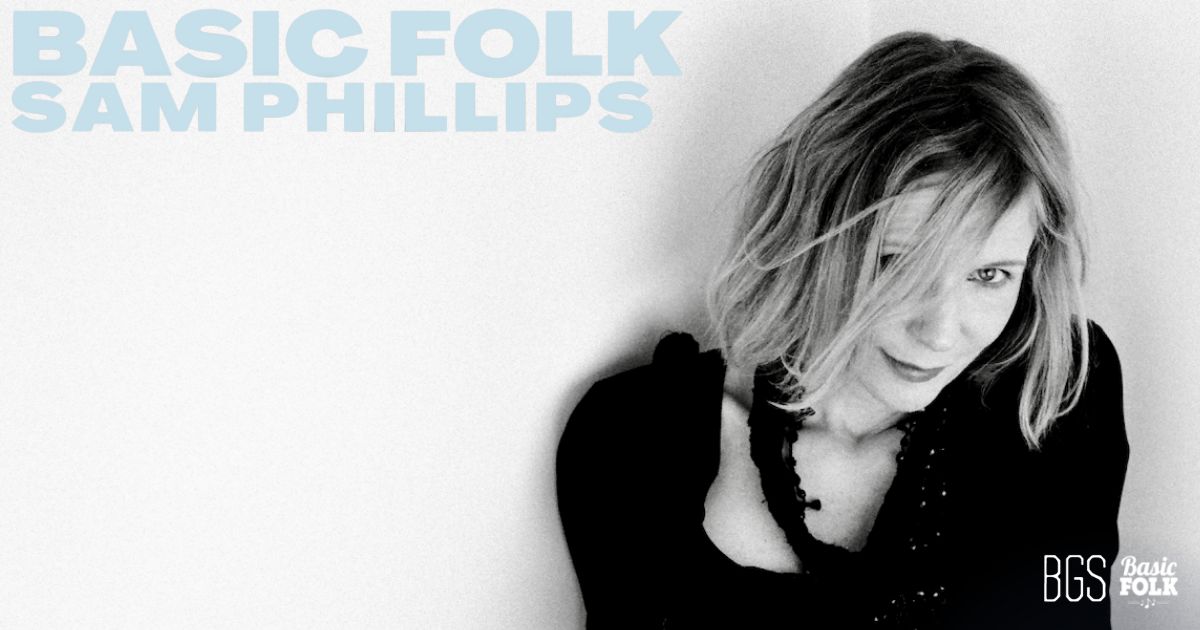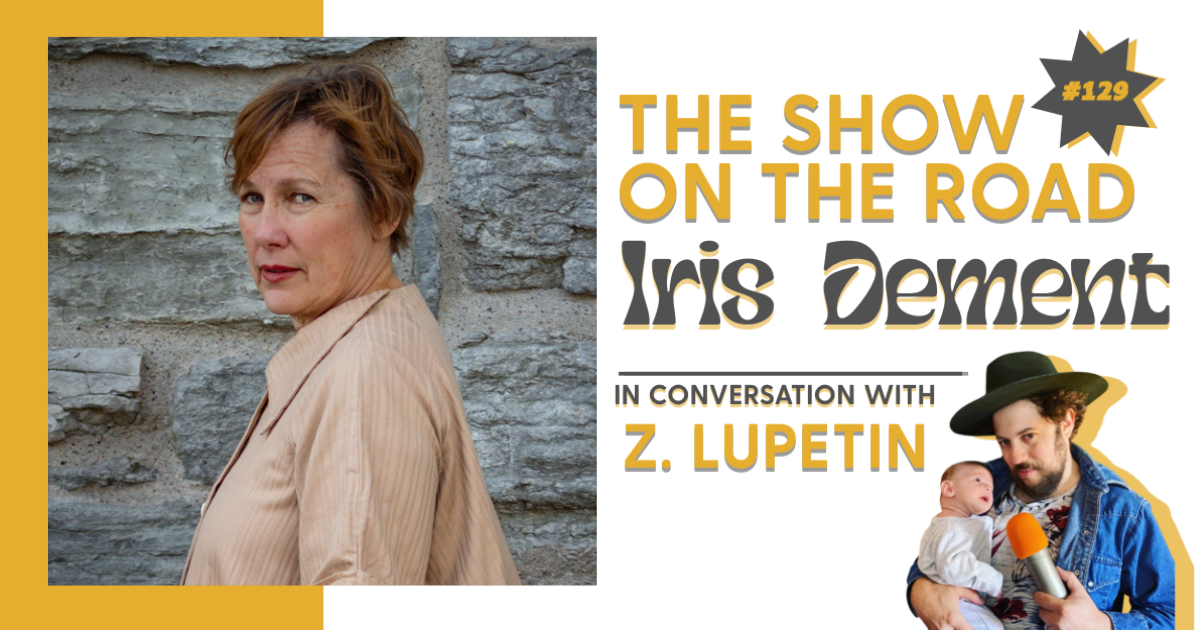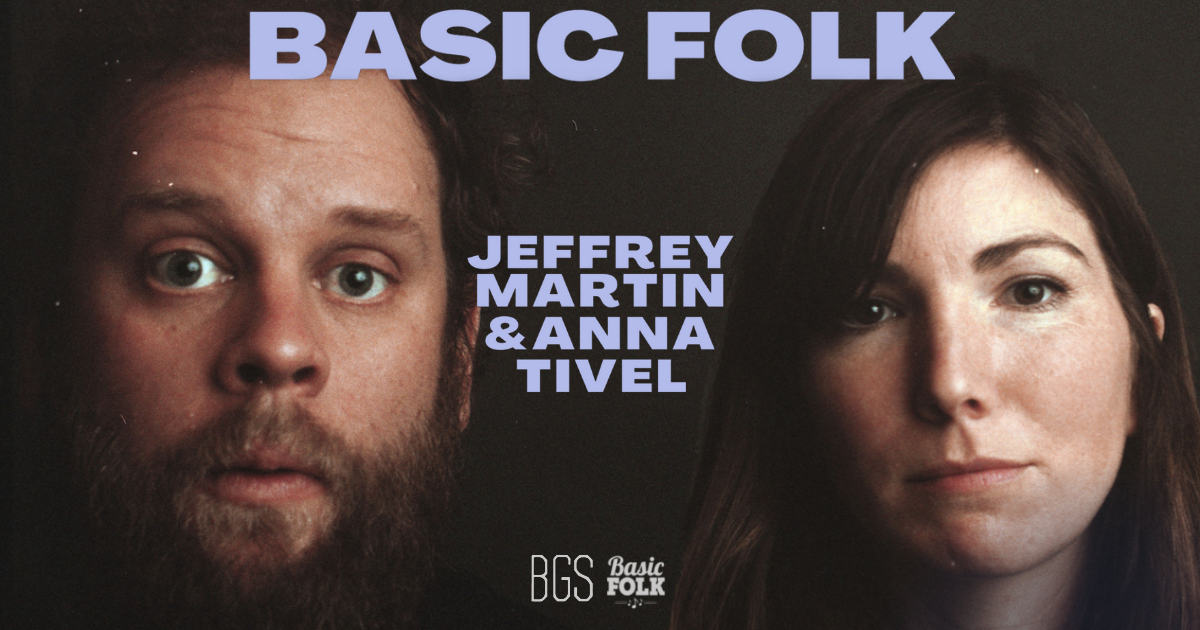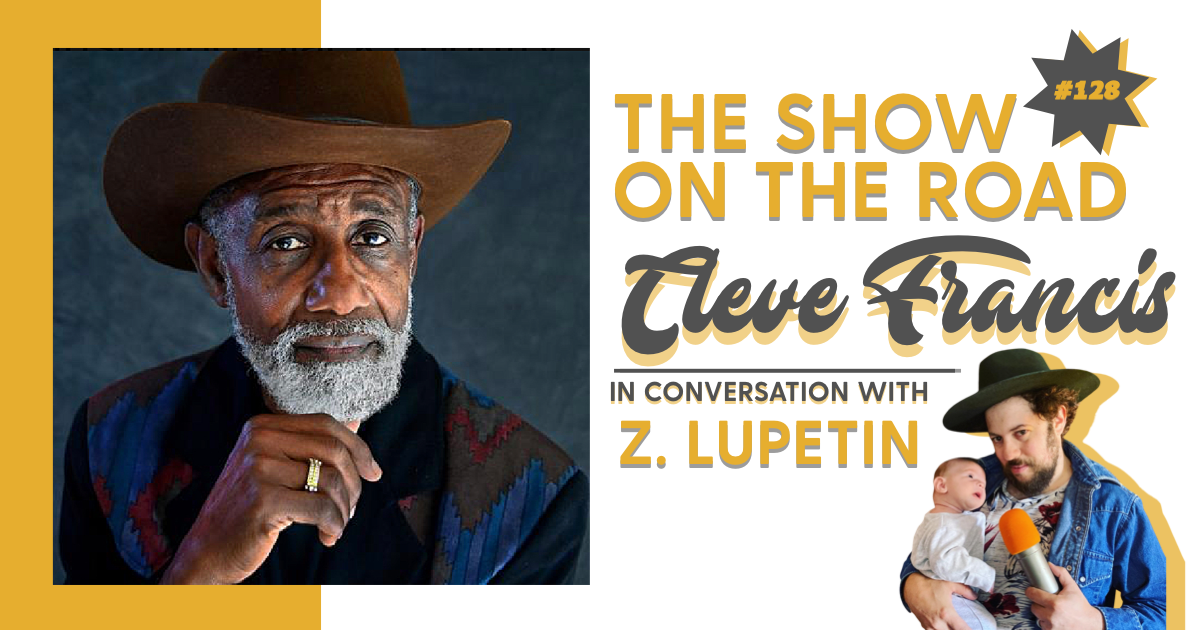This week, the show is back in New Orleans for a special talk with Sam Doores, one of the talented founders of well-traveled roots-rockers The Deslondes. We dive into their newest LP Ways & Means and how California-born Sam — who plays various instruments from electric guitar to keys, and sings in seven bands and counting throughout the Crescent City — collected many of its slow-burn soul-adjacent songs like “Five Year Plan” while holed up in a storage unit studio squat, questioning his place as an adult with real responsibilities who also happens to be a soul-searching artist criss-crossing our beautiful (or crumbling) almost-post-pandemic world.
LISTEN: APPLE PODCASTS • SPOTIFY • STITCHER
Imagine if you will, you walk into a saloon lost somewhere between 1930 and 1975. The band onstage has three distinct lead singers, and the songs feel like hard lived-in tales that could live in a TV western or the soundtrack to Boogie Nights, with vibes that would inspire both Ray Charles and Woody Guthrie, Tom Waits and The Beatles. If you’re confused, good. Algorithms can force music upon you at any time these days and I’ll admit, Spotify wants me to listen to The Deslondes, at all hours. They’re not wrong. If I have one job in this podcast it’s to share the music that lights a fire in me as a fellow songwriter and has me grasping for genre-descriptor straws. I have no idea, clearly, how to describe this band. I will say, songs like “Howl at the Moon” make me feel like I’m somehow still proud to be an American, plying my trade somewhere in the still kind of Wild West.
Starting with their charmingly ramshackle and bluesy self-titled debut in 2015, the band, which formed in New Orleans’ Lower Ninth Ward, has always made a point to write democratically and spread songs around to their singers. Sam for one, Dan Cutler (bass) for another and notably the always compelling Riley Downing, whose ancient deep drawl sounds like it should be its own character in Yellowstone — and all harmonize gorgeously together. Downing and Doores also both have duo and solo albums which are lovely, but what they create here in The Deslondes — especially in timeless story songs like “South Dakota Wild One” about Riley’s wandering youth — are special in the way accidental supergroups make music that somehow shouldn’t exist.
It was a pleasure getting together with Sam for a rare in-person chat just off Frenchmen Street. If there’s one thing I love most about New Orleans, it’s that it creates new artists that seem to follow the beat of their own drummer, genres be-damned. Give Ways & Means a spin — it might transport you somewhere you need to go.
Photo credit: Bobbi Wernig
